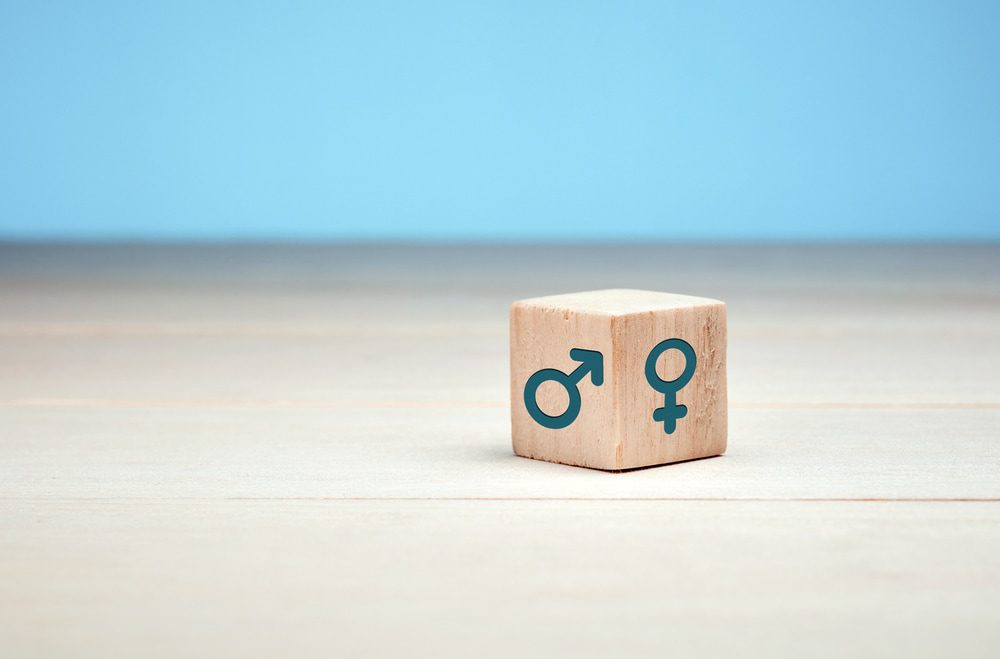
The Swedish National Board of Health and Welfare has changed its guidelines for the use of hormone blockers on children with alleged “gender dysphoria.” On February 25th, Breitbart reported that the agency had reversed its previous recommendations, now pointing to insufficient information about effects and side effects of the use of hormone blockers.
According to the agency’s website, there is insufficient data to explain why the diagnosis of “gender dysphoria” has increased in recent years. The agency also expresses concerns over the fact that there are more girls than boys among patients with the diagnosis.
The agency also says that existing literature on so-called “gender reassignment” treatment fails to clarify how common it is that patients interrupt ongoing treatment. Nor is it possible to determine how often “gender dysphoria” leads to “detransition,” a term referring to patients who reverse their decision to change their gender.
Based on their new findings, the National Board of Health and Welfare explains:
Based on the results that have emerged, it is the Board’s conclusion that currently, the risks with puberty-blocking and gender-confirming hormone treatment for individuals under the age of 18 supersede the possible benefits for the demographic group as a whole.
The revision of the health agency’s guidelines marks the culmination of a debate over “gender reassignment” treatment that goes back several years. In 2019, SVT, the national public broadcasting company, reported on a growing number of patients seeking treatment after regretting “gender reassignment.”
At one clinic in the county of Västra Götaland, the SVT report said, patients as young as 16 sought post-transition surgery treatment. The clinic manager, Mr. Lennart Fällberg, expressed concern over the lack of research into the long-term effects of hormone treatment and surgery on patients in their young teens.
